Home>Garden Essentials>How Long Is Flax Seed Good For
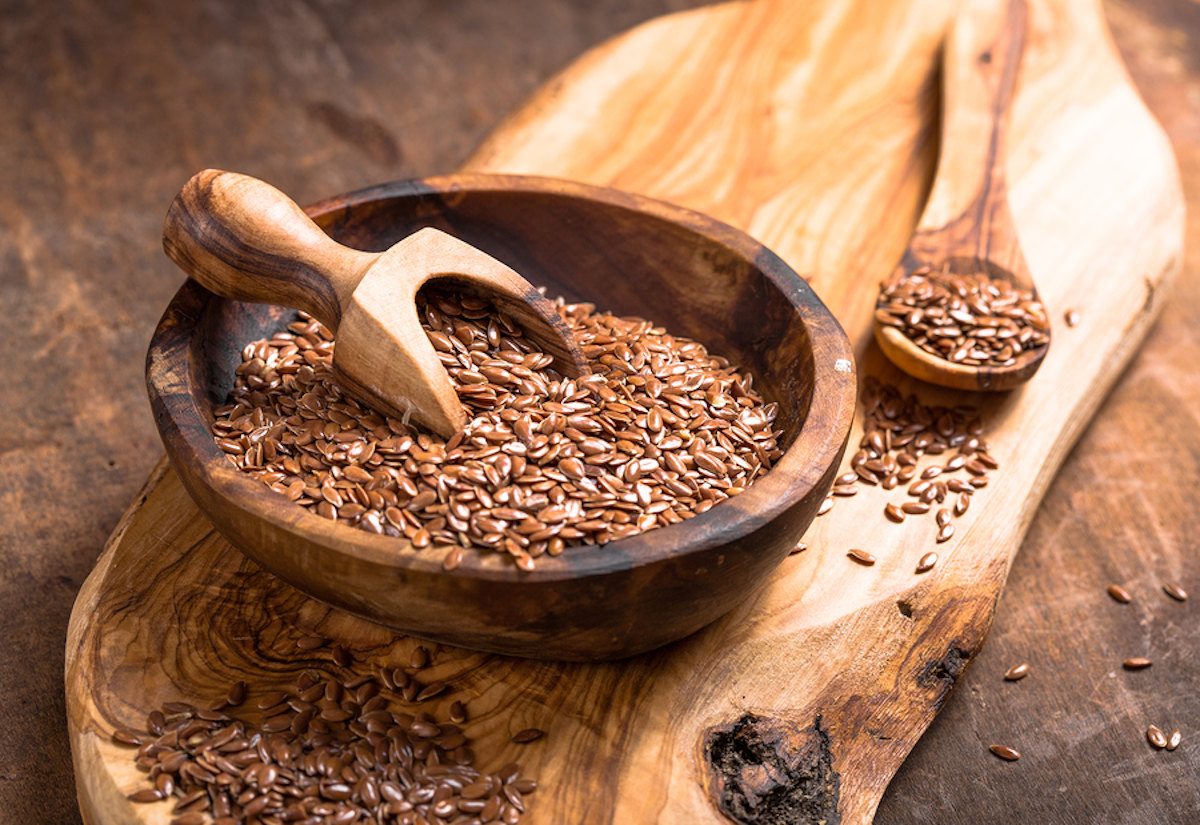

Garden Essentials
How Long Is Flax Seed Good For
Modified: March 16, 2024
Discover how long flax seeds are good for in your garden and make the most of their freshness and nutritional benefits.
(Many of the links in this article redirect to a specific reviewed product. Your purchase of these products through affiliate links helps to generate commission for Storables.com, at no extra cost. Learn more)
Introduction
Flax seeds, also known as linseeds, are small, nutrient-rich seeds that have been consumed for centuries. They are packed with essential nutrients such as omega-3 fatty acids, fiber, and antioxidants, making them a popular addition to a healthy diet. However, like all food items, flax seeds have a shelf life, and it’s important to know how long they can be stored before they spoil.
In this article, we will explore the factors that affect the shelf life of flax seeds and the proper storage techniques to ensure their longevity. We will also discuss the signs of spoiled flax seeds and provide tips on how to extend their shelf life.
Understanding the shelf life of flax seeds is crucial for maintaining their nutritional value and preventing any potential health risks associated with consuming spoiled seeds. So, let’s dive in and learn more about how long flax seeds are good for and how to keep them fresh.
Key Takeaways:
- Store flax seeds in airtight containers in a cool, dark place to keep them fresh. Avoid grinding them in advance and watch out for signs of spoilage like off odors and mold.
- To extend flax seed shelf life, buy in small quantities, store in the fridge or freezer, and vacuum seal if possible. Rotate stock and grind as needed for optimal freshness.
Read more: What Are Chia Seeds And Flax Seeds Good For
Factors Affecting Flax Seed Shelf Life
Several factors can affect the shelf life of flax seeds. Understanding these factors will help you determine how long your flax seeds will remain fresh and nutritious. Here are the main factors that influence flax seed shelf life:
- Oxidation: Flax seeds contain healthy fats, including omega-3 fatty acids. However, these fats are prone to oxidation, especially when exposed to air, light, and heat. Oxidation can lead to the development of rancid flavors and odors in flax seeds, indicating that the seeds are no longer fresh.
- Moisture: Like many seeds, flax seeds can absorb moisture from their surroundings. Moisture can promote the growth of bacteria and mold, spoiling the seeds more quickly. It is crucial to store flax seeds in a dry environment to prevent moisture absorption.
- Temperature: Flax seeds should be stored in a cool place, as high temperatures can accelerate the oxidation process and contribute to seed spoilage. It is recommended to keep flax seeds in a dark and cool pantry or refrigerator.
- Light: Exposure to direct sunlight or fluorescent light can degrade the nutritional quality of flax seeds. It’s best to store them in opaque containers to protect them from light and maintain their freshness.
- Quality: The quality of the flax seeds at the time of purchase also affects their shelf life. Opt for high-quality, fresh flax seeds from reputable sources to ensure a longer shelf life and better taste.
By paying attention to these factors, you can maximize the shelf life of your flax seeds and enjoy them at their peak freshness. In the next section, we will discuss the proper storage techniques for flax seeds to maintain their quality and extend their longevity.
Proper Storage of Flax Seed
Proper storage of flax seeds is essential to maintain their freshness and maximize their shelf life. Follow these guidelines to ensure your flax seeds stay in optimal condition:
- Choose the right container: Transfer your flax seeds to an airtight container to protect them from exposure to air and moisture. A glass jar or airtight plastic container with a tight-fitting lid works well for storing flax seeds.
- Keep it cool: Store your flax seeds in a cool place, away from heat sources such as stoves or direct sunlight. The ideal temperature for storing flax seeds is below 70°F (21°C). Consider storing them in a pantry or refrigerator for extended freshness.
- Dark and dry environment: Flax seeds are sensitive to light, which can degrade their quality. Store them in a dark place or use an opaque container to protect them from light exposure. Additionally, ensure that the storage area is dry to prevent moisture buildup and the growth of bacteria or mold.
- Avoid grinding in advance: Whole flax seeds have a longer shelf life compared to ground flax seeds since grinding exposes more surface area to air and heat, accelerating oxidation. For optimal freshness, grind your flax seeds just before using them.
- Label and date: To keep track of the freshness of your flax seeds, label the container with the date of purchase or the expiration date. This will help you use up old seeds before they spoil.
By following these storage guidelines, you can preserve the quality and extend the shelf life of your flax seeds, ensuring that they remain fresh and nutritious for longer periods.
Store flax seeds in an airtight container in the refrigerator or freezer to extend their shelf life. They can last up to a year in the fridge and up to two years in the freezer.
Signs of Spoiled Flax Seed
Just like any other food product, flax seeds can go bad if not stored properly or if they exceed their shelf life. It’s essential to be able to recognize the signs of spoiled flax seeds to avoid consuming them and potentially experiencing any negative effects. Here are some common signs that indicate flax seeds have gone bad:
- Off smell: Fresh flax seeds have a mild, nutty aroma. If you notice a strong, rancid or sour smell coming from your flax seeds, it’s a clear indication that they have spoiled and should not be consumed.
- Unpleasant taste: Spoiled flax seeds may taste bitter, stale, or have an off-flavor. If the seeds taste different than their usual nutty flavor, it’s best to discard them.
- Mold or discoloration: Inspect your flax seeds for any signs of mold growth or discoloration. Mold can appear as fuzzy patches and ranges in color from white to green or black. If you see any mold or unusual discoloration, it’s a definite sign of spoilage.
- Texture changes: Flax seeds that have exceeded their shelf life might become soft, mushy, or develop a slimy coating. These changes in texture indicate that the seeds have started to degrade and should not be consumed.
It’s important to note that consuming spoiled flax seeds may lead to digestive discomfort, such as stomach ache or diarrhea. To avoid any potential risks, it’s best to discard any flax seeds that show signs of spoilage.
If your flax seeds are properly stored, they can maintain their freshness for an extended period. However, if you notice any of the mentioned signs, it’s recommended to dispose of them and purchase a fresh batch for optimal flavor and nutritional benefits.
Extending the Shelf Life of Flax Seed
If you want to prolong the shelf life of your flax seeds and ensure they remain fresh and nutritious for as long as possible, here are some tips to consider:
- Buy in small quantities: Flax seeds are best purchased in smaller quantities to ensure you can consume them within a reasonable timeframe. This reduces the chances of storing them for too long and risking spoilage.
- Store in the refrigerator or freezer: Flax seeds have a longer shelf life when stored in the refrigerator or freezer. The cool temperature helps to slow down the oxidation process and maintain their freshness. Seal them in an airtight container or freezer bag to prevent moisture absorption and freezer burn.
- Consider vacuum sealing: If you have a vacuum sealer, consider using it to package your flax seeds. This method removes excess air and moisture, further extending their shelf life.
- Grind as needed: As mentioned before, whole flax seeds last longer than ground seeds. Instead of grinding the entire batch at once, grind small portions as needed to preserve their freshness.
- Keep away from heat and light: Ensure that your stored flax seeds are kept away from direct heat sources and light exposure. Heat and light can accelerate oxidation and decrease their shelf life.
- Rotate stock: If you frequently use flax seeds, it’s a good practice to rotate your stock. Use the older seeds first before moving on to the fresher batch, ensuring that none of your flax seeds go past their expiration date.
By implementing these strategies, you can significantly extend the shelf life of your flax seeds and enjoy their nutritional benefits for a longer period. However, always remember to check for signs of spoilage before consuming them.
Now that you know how to properly store and prolong the shelf life of flax seeds, you can confidently stock up on them without worrying about waste or spoilage.
Read more: How Long Do Flax Seeds Last
Conclusion
Flax seeds are a nutritious and versatile addition to any healthy diet, providing a rich source of omega-3 fatty acids, fiber, and antioxidants. To ensure you can enjoy their benefits to the fullest, it’s essential to understand how to properly store and maintain their freshness.
Factors such as oxidation, moisture, temperature, light, and seed quality all play a role in the shelf life of flax seeds. By storing them in airtight containers, keeping them in cool and dark environments, and avoiding grinding them too far in advance, you can maximize their longevity and preserve their quality.
Recognizing the signs of spoiled flax seeds, such as off odors, unpleasant taste, mold growth, and texture changes, is crucial in avoiding potential health risks. When these signs are present, it’s best to dispose of the flax seeds and replace them with a fresh supply.
If you want to extend the shelf life of your flax seeds, consider buying them in smaller quantities, storing them in the refrigerator or freezer, vacuum sealing them, grinding them only as needed, and keeping them away from heat and light sources. These practices can help maintain their freshness for a longer period.
Ultimately, with proper storage and by paying attention to the signs of spoilage, you can enjoy the nutritional benefits of flax seeds for an extended period. Incorporate them into your favorite recipes, whether it’s adding them to smoothies, yogurt, baked goods, or sprinkling them on salads or oatmeal.
So, grab a fresh batch of flax seeds, store them correctly, and savor the nutty flavor and health benefits they offer. Your flax seeds will be your secret weapon in promoting a balanced and nutritious lifestyle.
Frequently Asked Questions about How Long Is Flax Seed Good For
Was this page helpful?
At Storables.com, we guarantee accurate and reliable information. Our content, validated by Expert Board Contributors, is crafted following stringent Editorial Policies. We're committed to providing you with well-researched, expert-backed insights for all your informational needs.
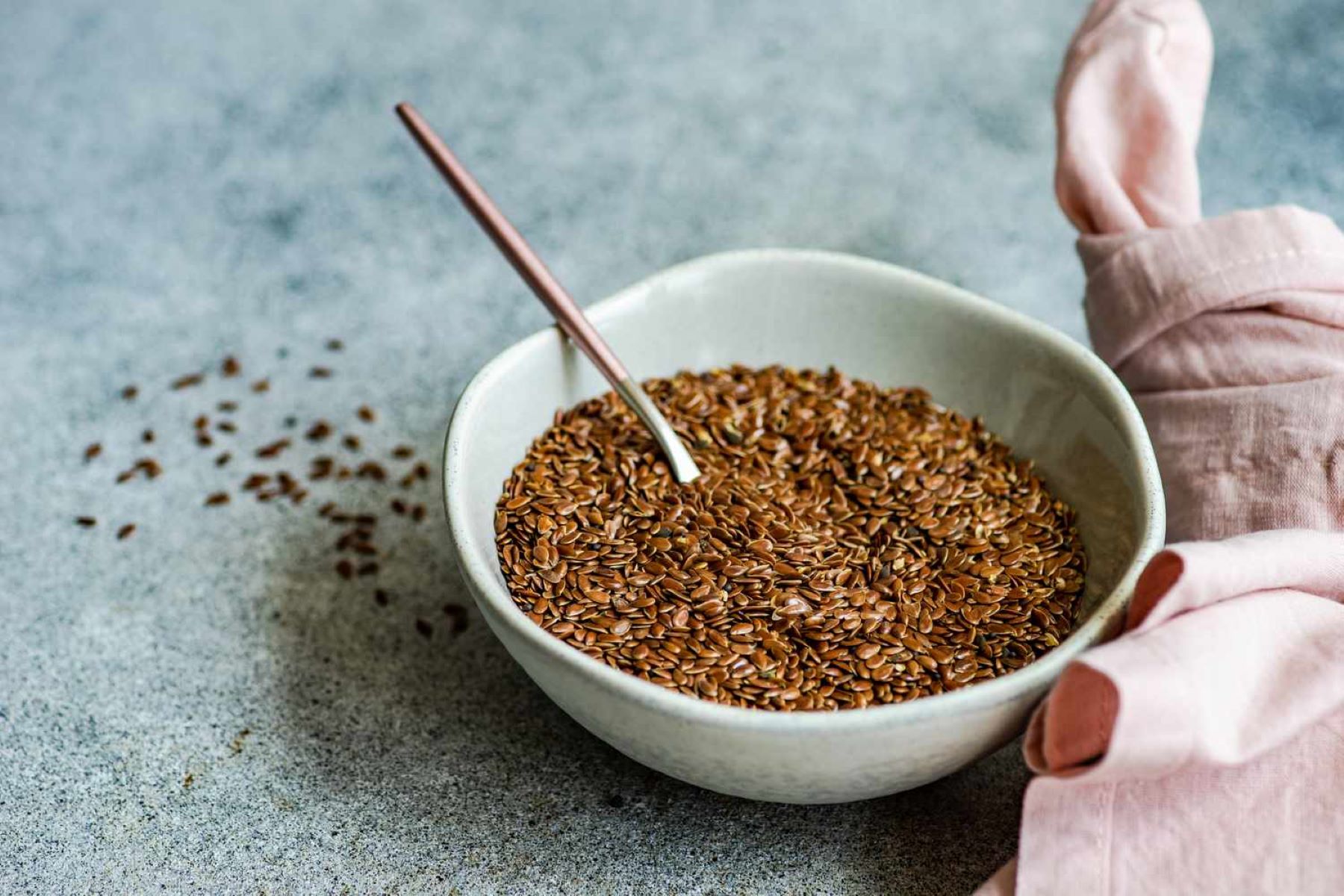
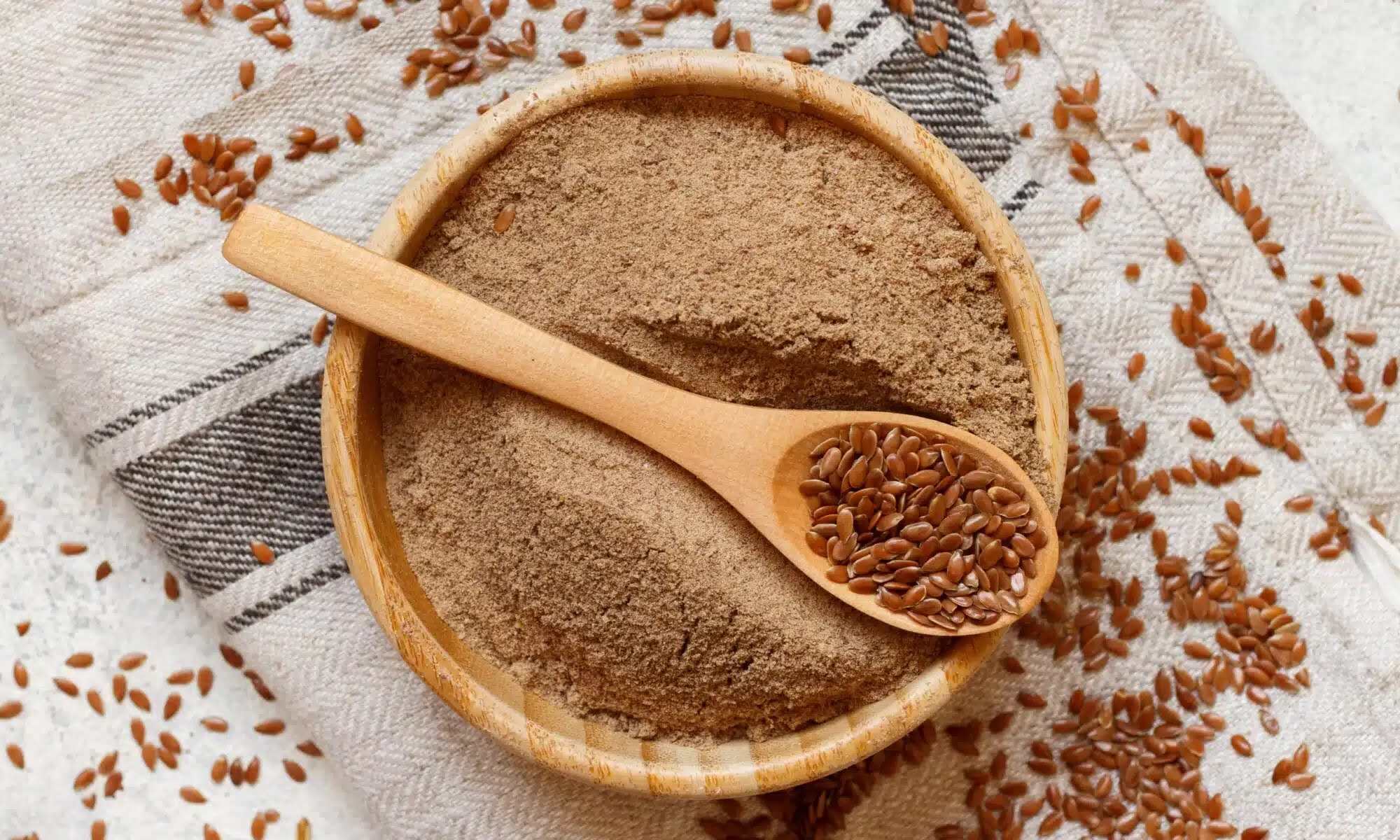
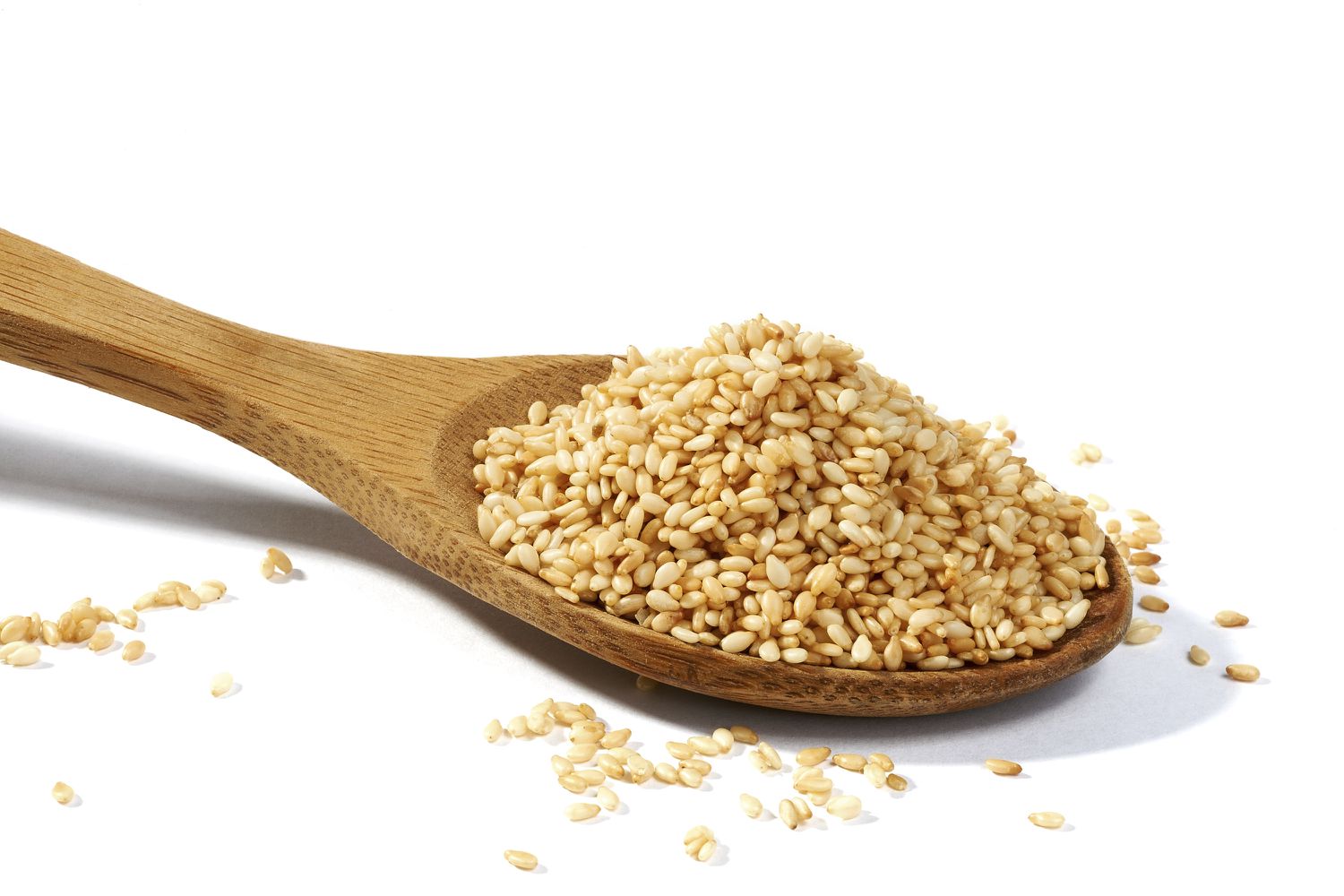
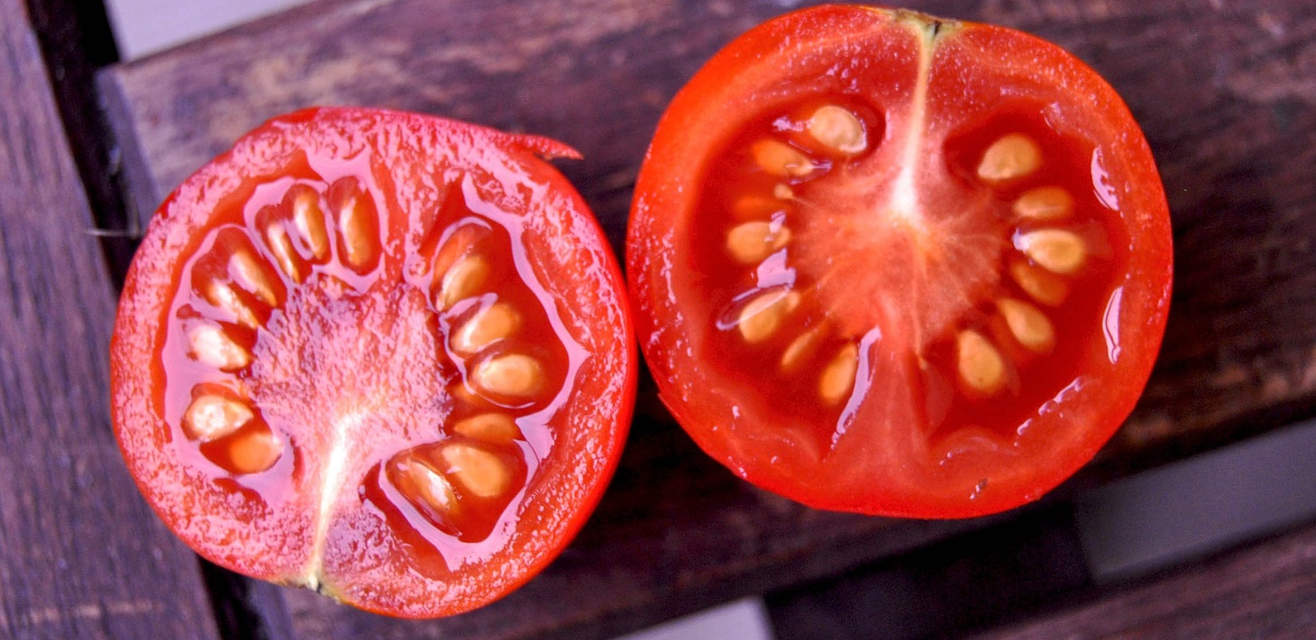
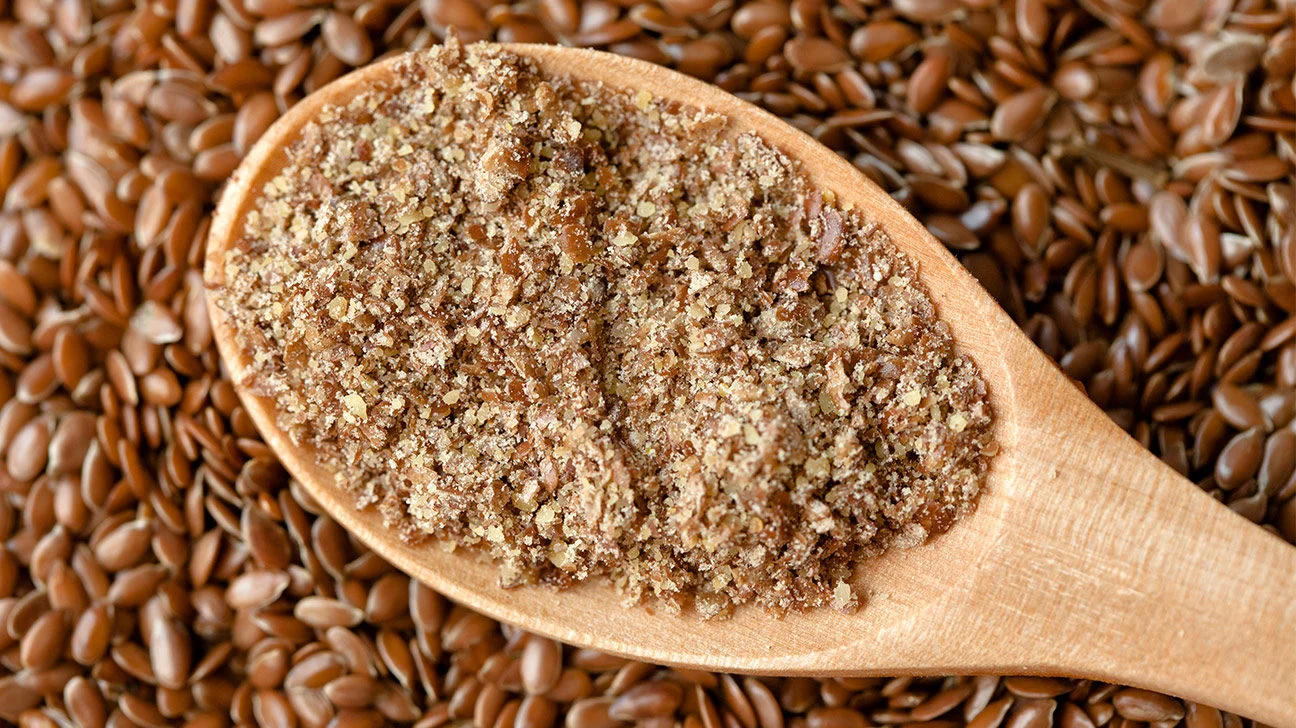
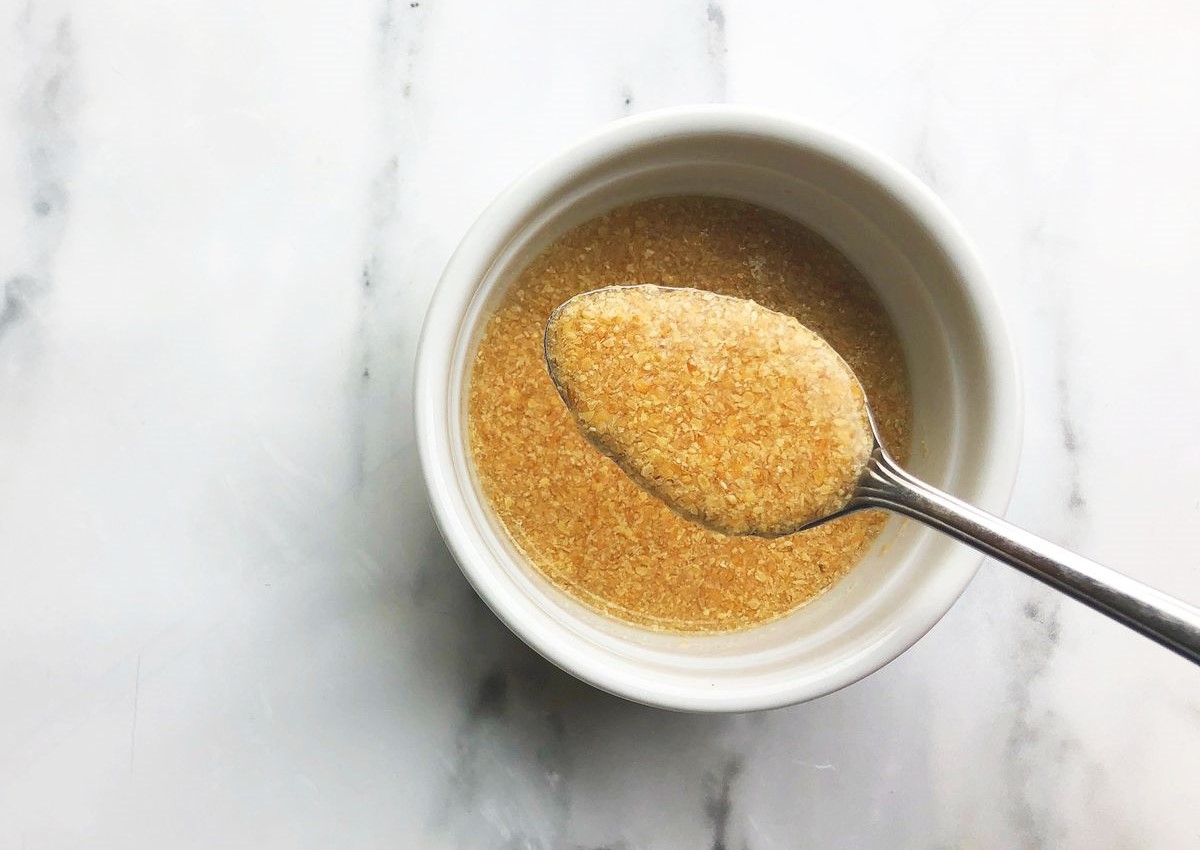
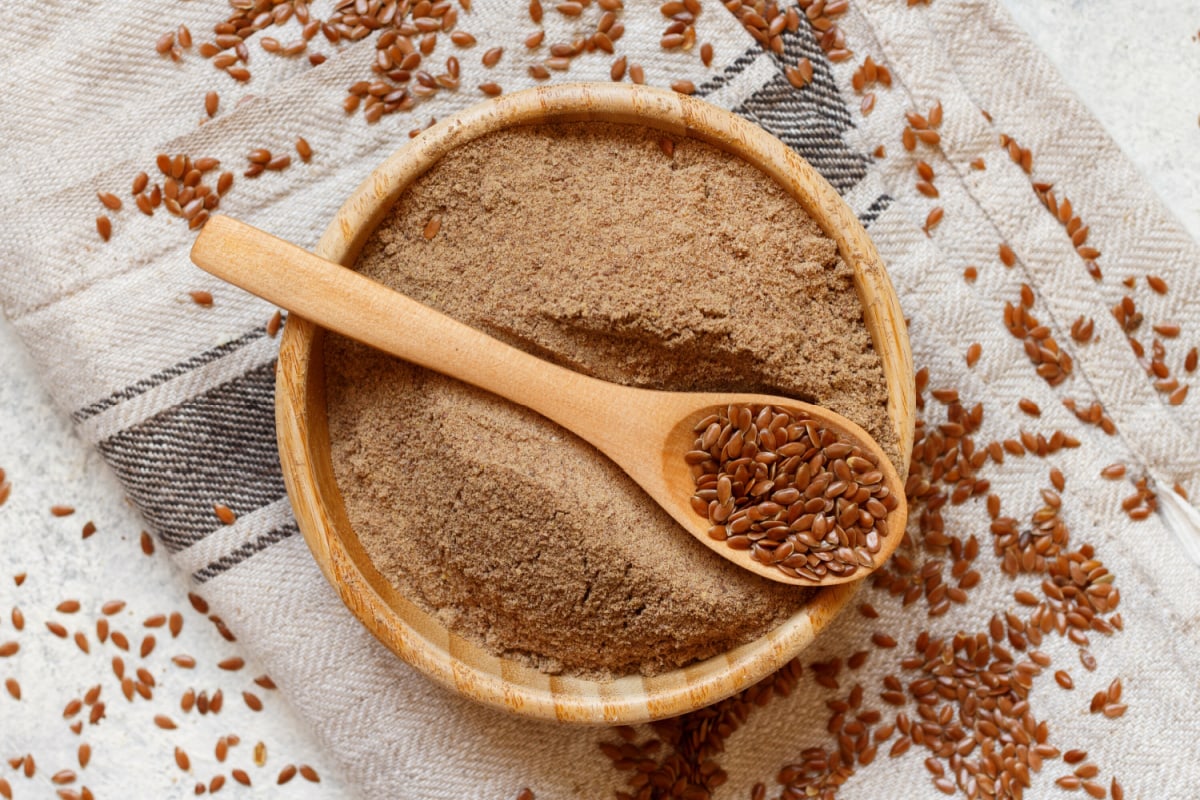
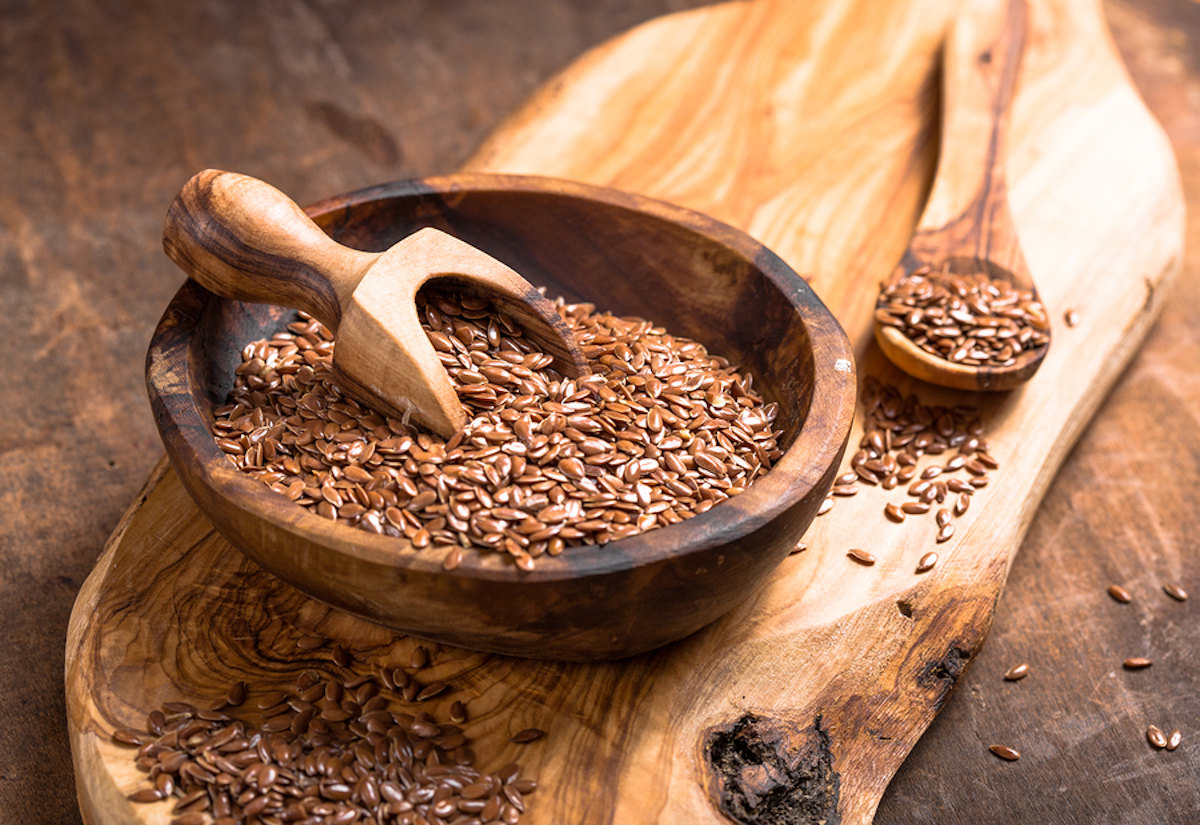
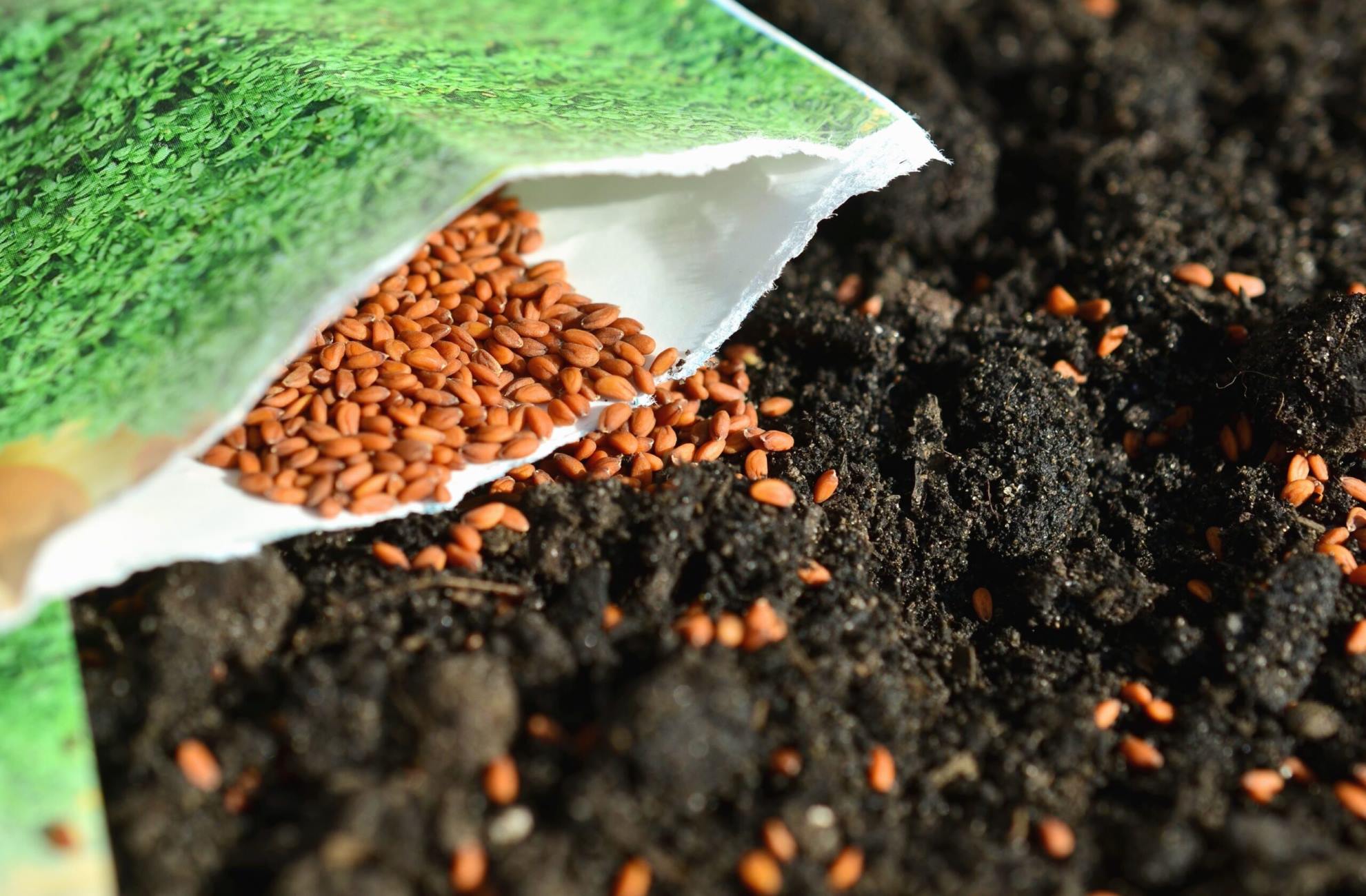
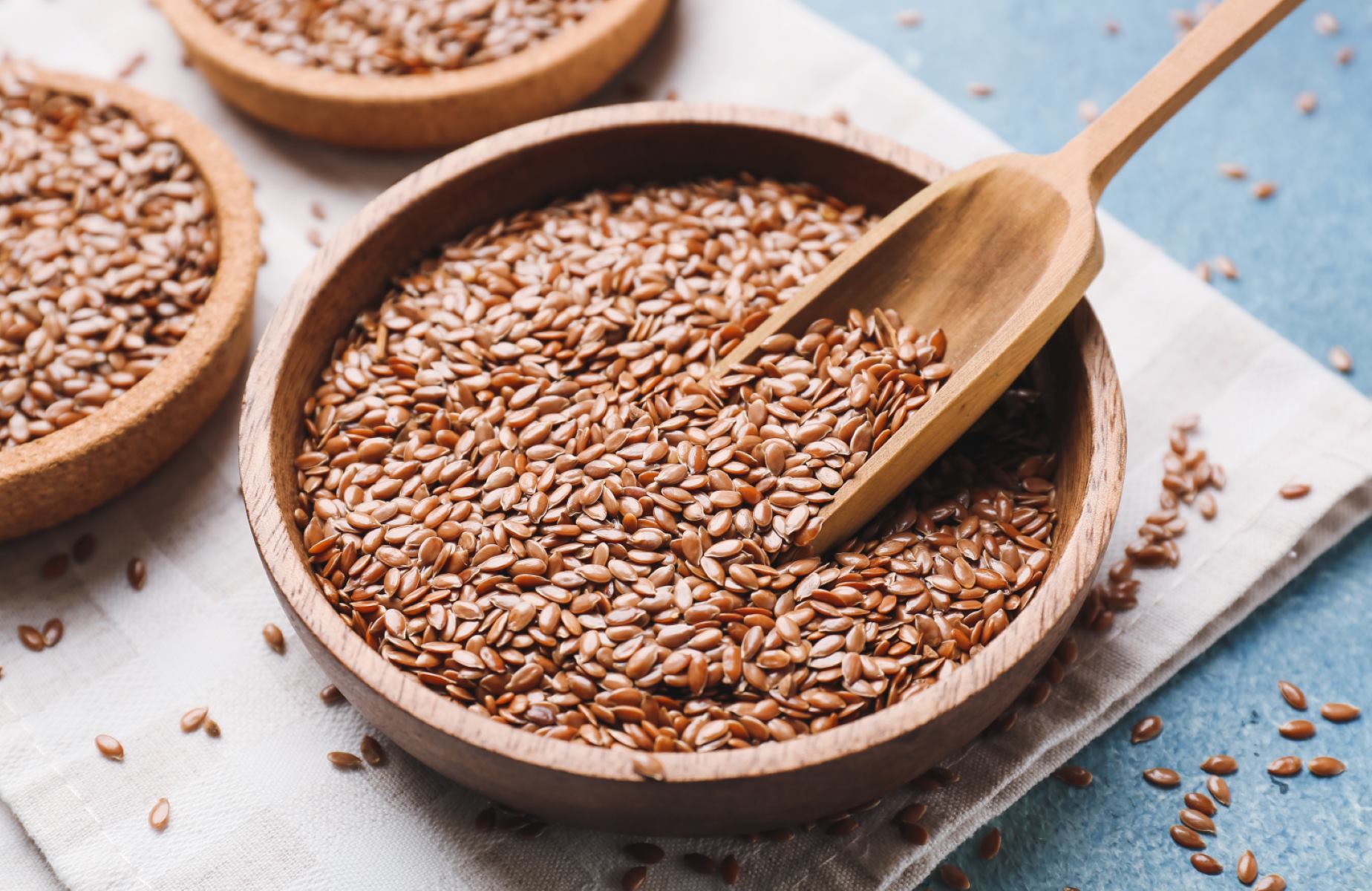
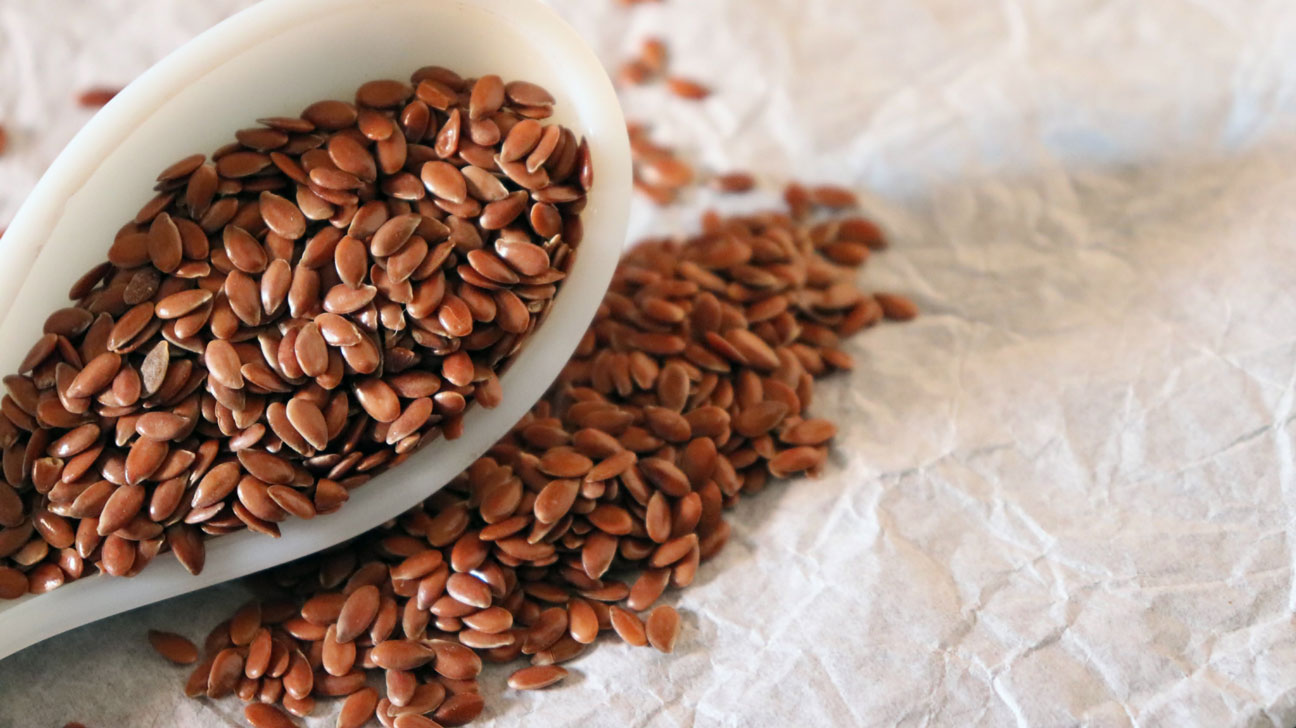
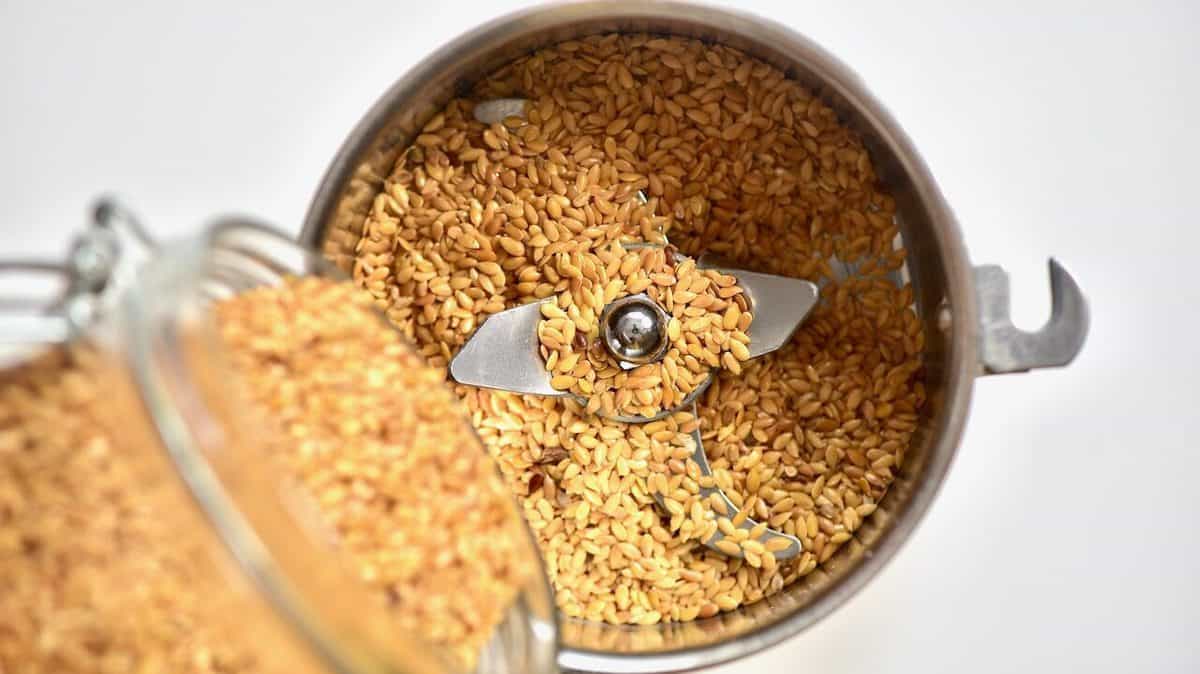
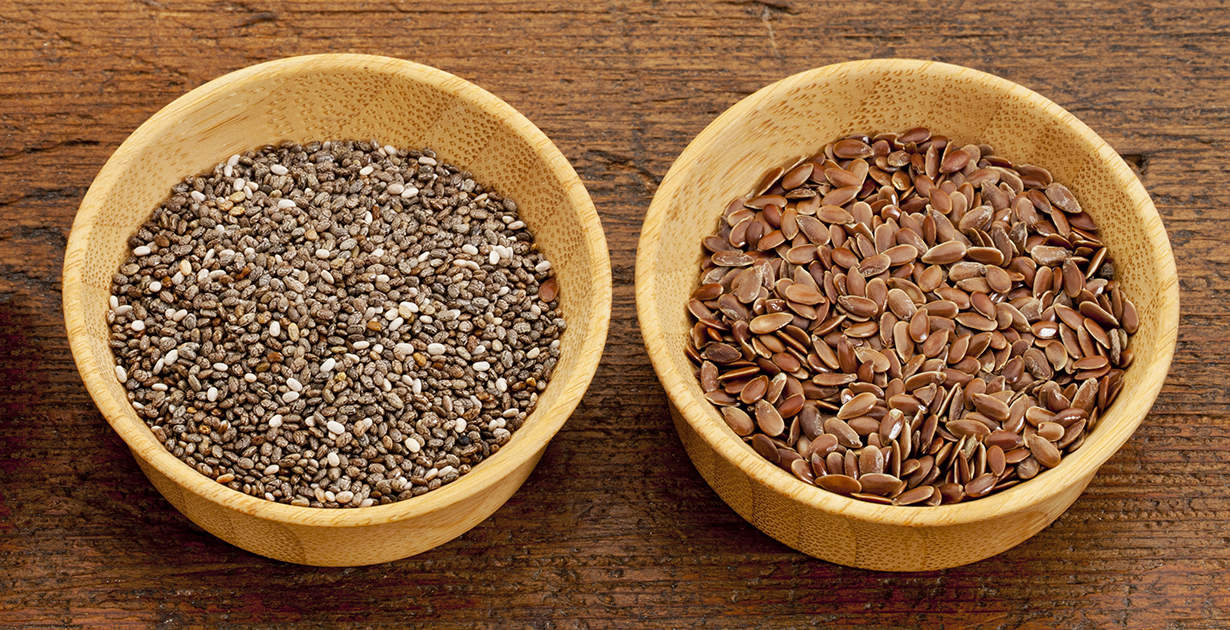
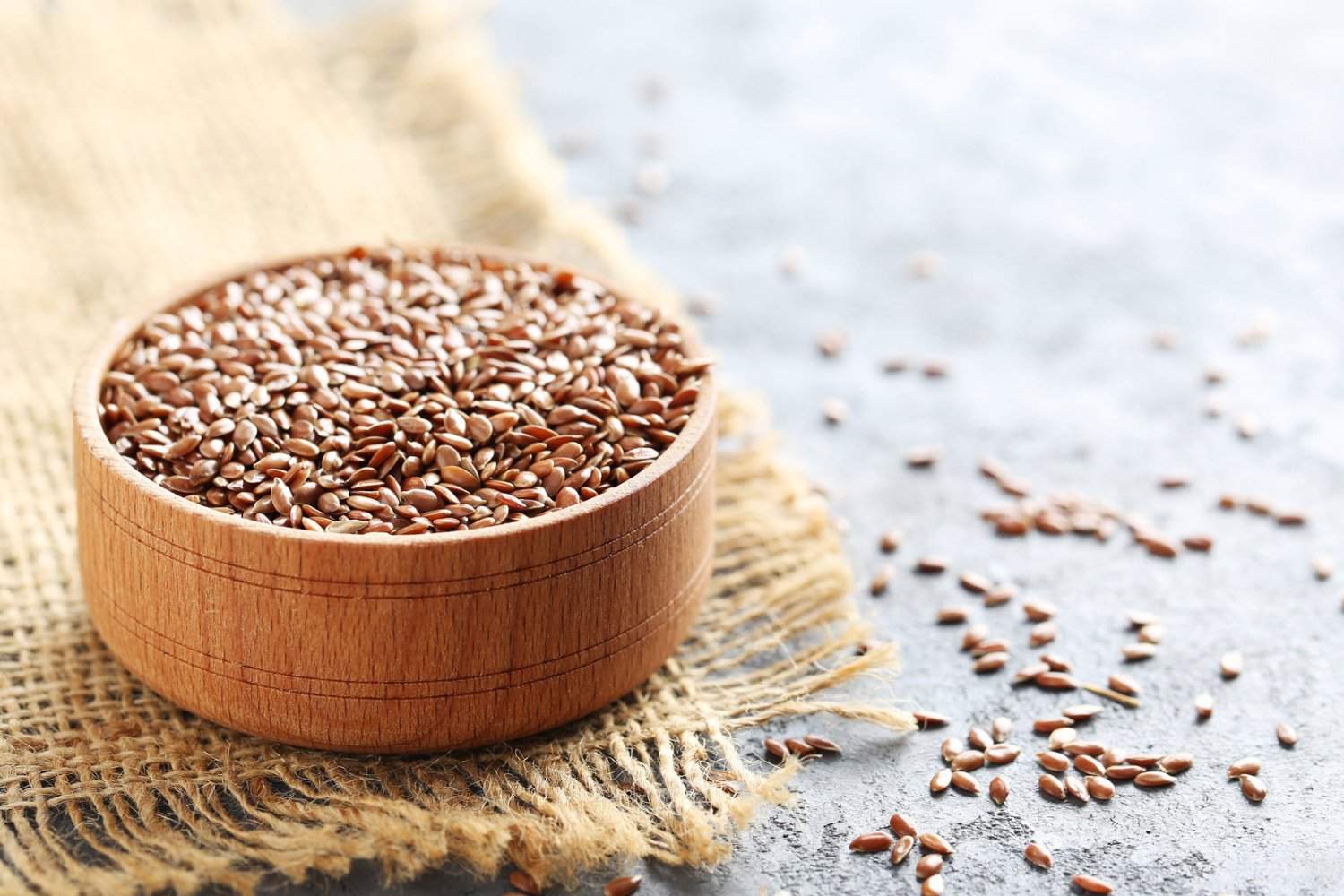

0 thoughts on “How Long Is Flax Seed Good For”